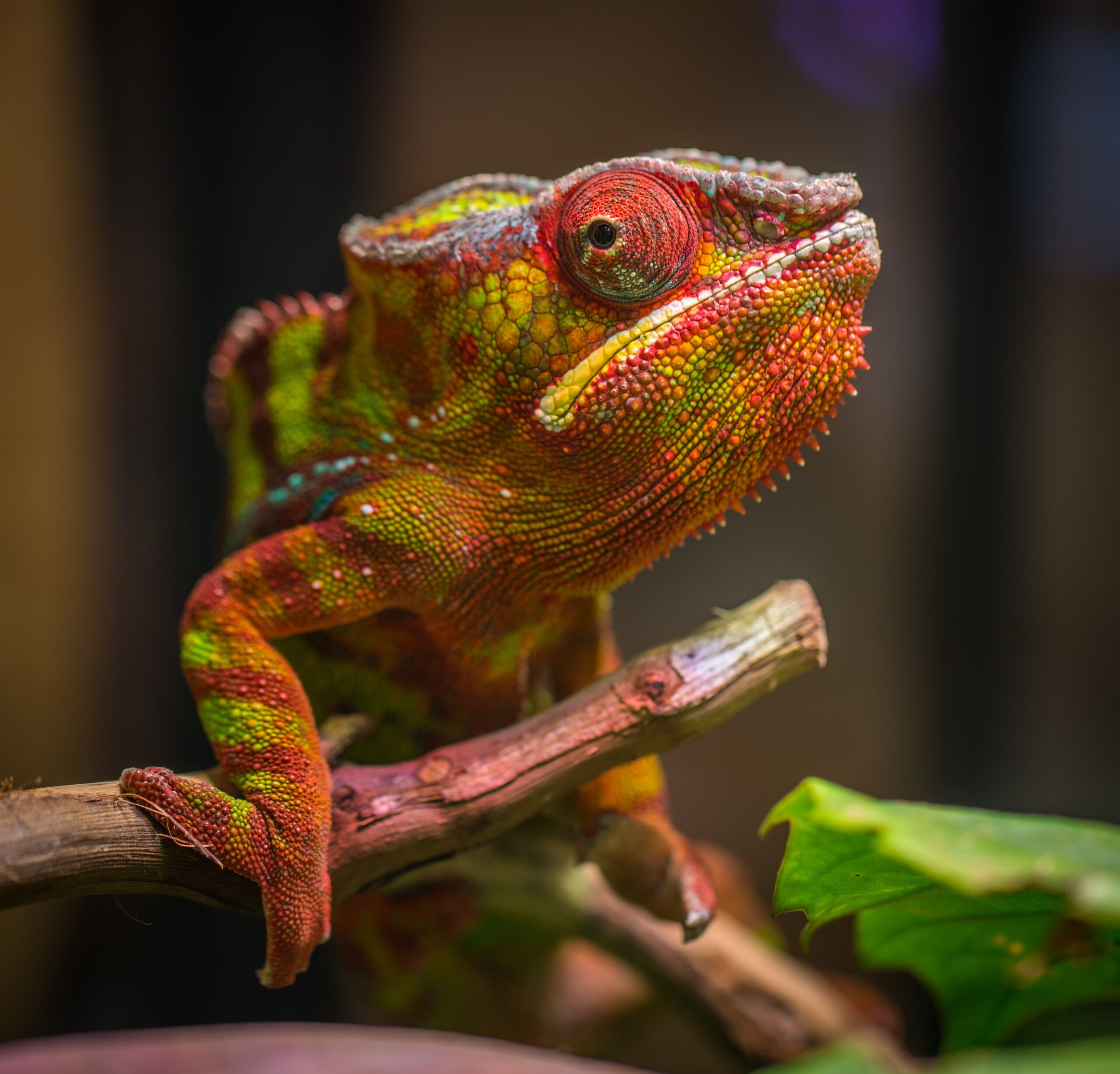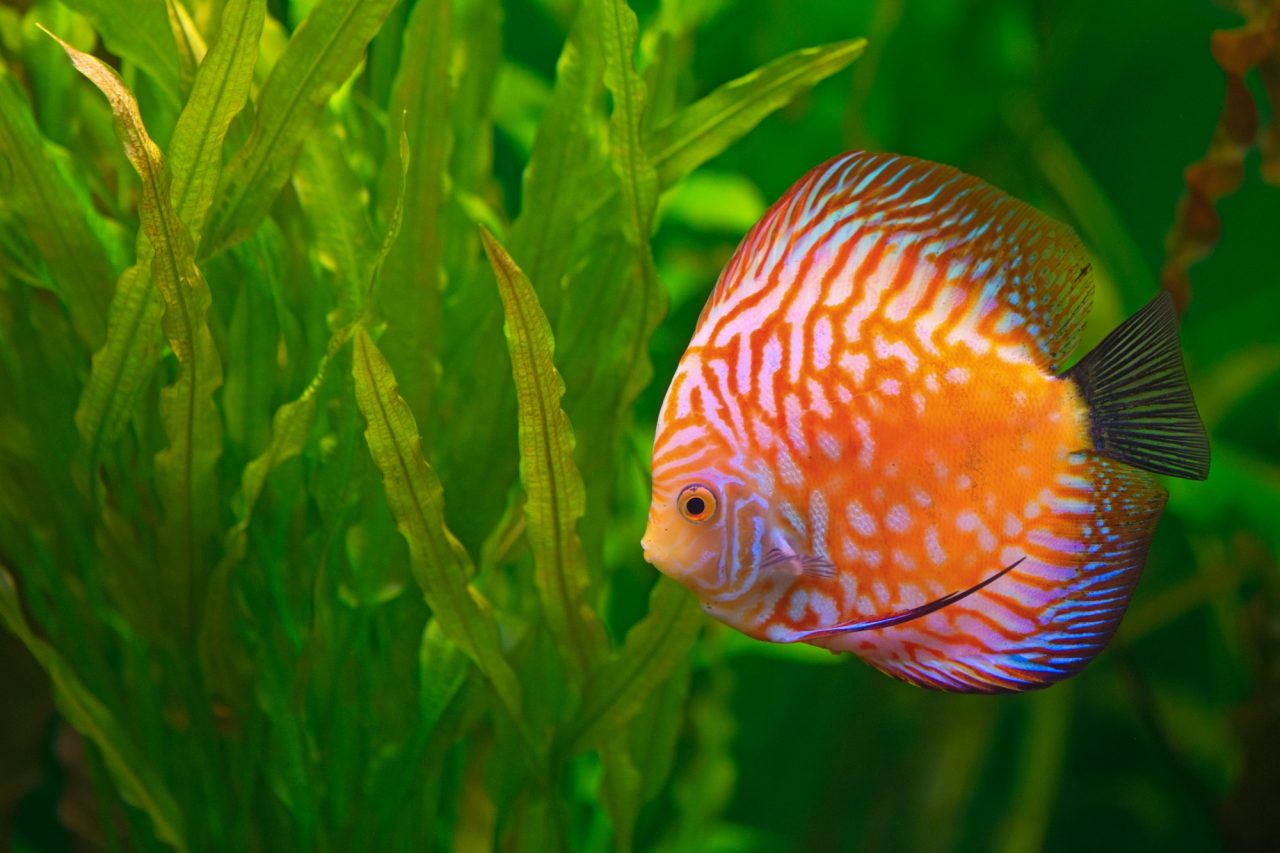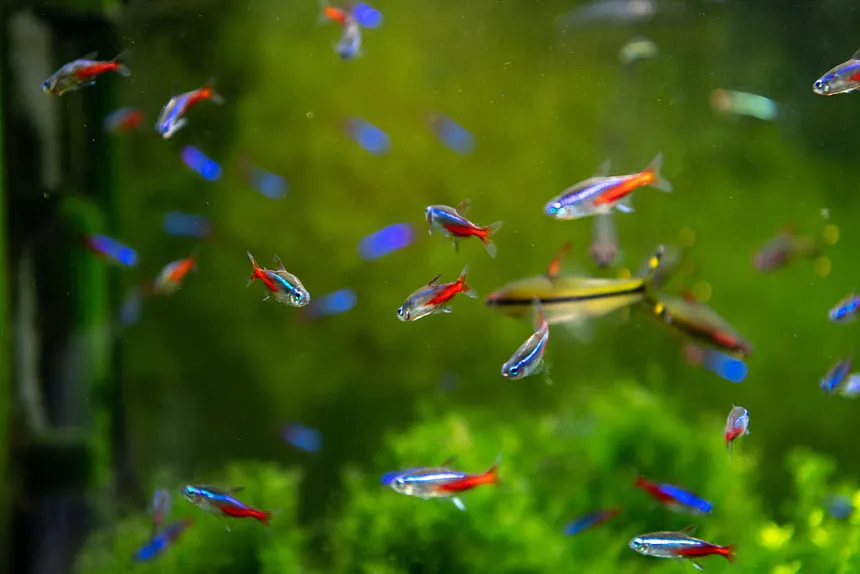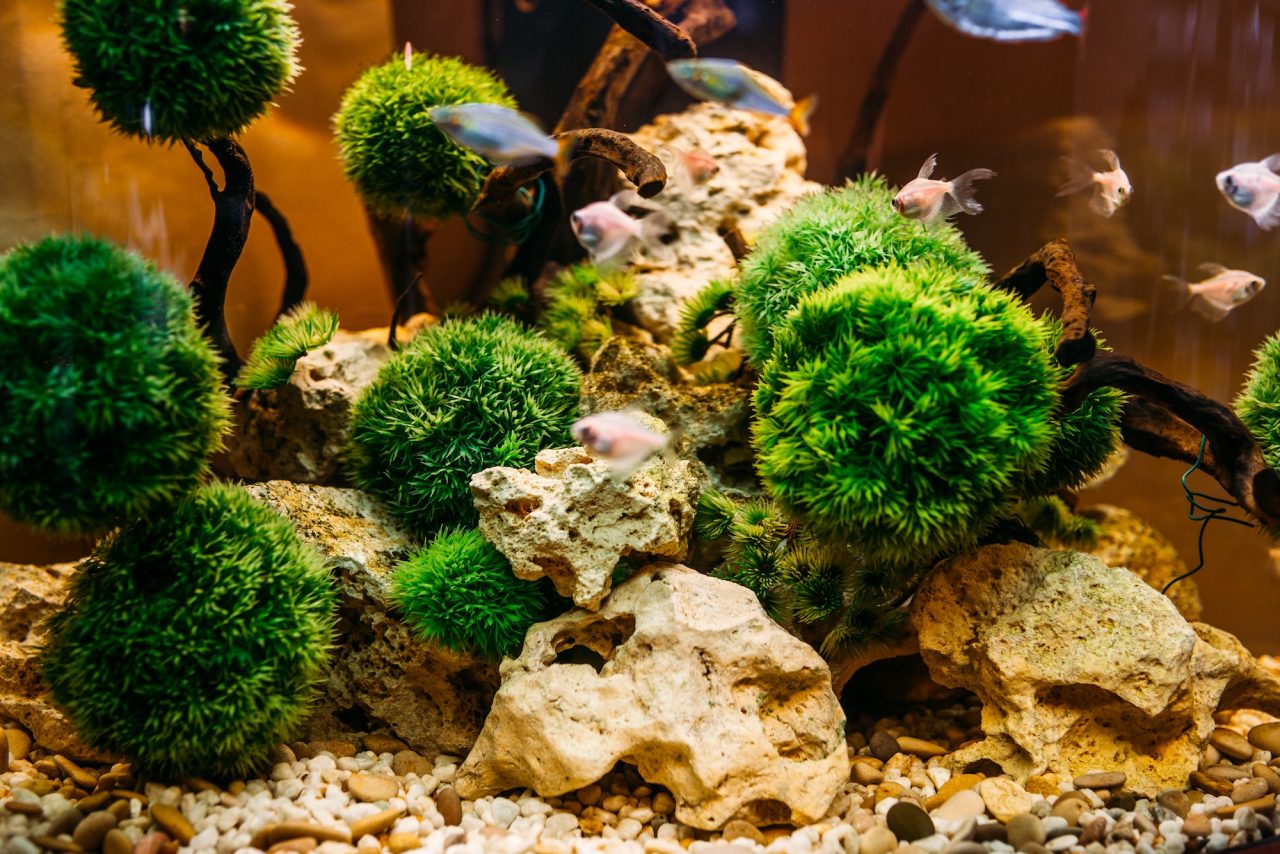Can too much ultraviolet radiation be harmful? How much is too much?
Experts agree that excess ultraviolet radiation can be harmful for humans and animals. Lower wavelengths have a known relationship with skin cancer in humans, cattle, cats, and horses.
We do not know how much UVB radiation reptiles can tolerate, and we do not know if UVA radiation is harmful. However, at least one publication has suggested that excess ultraviolet radiation (in this case, under outdoor conditions) may be associated with decreased reproductive success in amphibians. In addition, excess ultraviolet radiation may cause skin cancer and eye damage in other animals, presumably also in reptiles.
What is black light?
Black light is invisible ultraviolet or infrared radiation. Black lights generate UVA and are not considered useful for converting vitamin D to its active form.
What is a sunlamp?
Sunlamps are incandescent spotlights that mainly produce UVB and can be hazardous. Phototherapy units and tanning salons use similar fluorescent tubes that produce both UVA and UVB. (UVC wavelengths are the most dangerous and generally not produced in lighting systems or commercial bulbs or tubes).
What kind of light do infrared and neodymium bulbs produce?
Infrared bulbs, brooder lamps, and spotlights produce radiation with long wavelengths, transferring heat energy to surfaces, but they do not produce a full-spectrum or ultraviolet effect. The new “mini” versions of these powerful red heat lamps are extremely useful for heat applications for reptiles and birds. They usually are placed in conical aluminum reflectors that rest on top of the screen lids of reptile cages.
Violet or purple neodymium bulbs are incandescent sources in which neodymium elements are incorporated during production. Like infrared lamps, these units do not produce UVB radiation, but they can generate heat without much visible light, thus helping to avoid disrupting photoperiodism.
Neodymium bulbs are not as focused as infrared spotlights and are sometimes used in small tanks or nonbasking situations.
How close must reptiles be to full-spectrum fluorescent lamps to gain any benefit? How long do effective emissions last?
Presently, we do not know how near reptiles must be to full-spectrum fluorescent lamps to derive benefits. One group of researchers found, however, that one full-spectrum fluorescent light in its lab produced a vitamin D conversion effect in green iguanas at ranges greater than 12 inches. It may be that the less powerful the light, the nearer an animal must be to it to gain any benefits.
I am aware of no data supporting any theory that UVB emissions may fail or end before visible light emissions fail. Most of these tubes probably last one to two years.
What kind of reptiles need full-spectrum light?
Reptiles that bask or rest in natural sunlight in the wild may need UVB wavelengths in captivity to produce vitamin D3. Without it they may suffer from bone abnormalities and growth problems.
Nocturnal reptiles, or those living under cover, generally do not develop bone diseases without full-spectrum lights.
Can’t reptiles just be placed outside or in a window on sunny days?
Because window glass filters out UVB wavelengths generated by the sun, outdoor pens are excellent options or supplements to artificial lighting. And they provide fresh air and natural living conditions for captive reptiles. Before pet owners place their animals outside permanently, however, they should consider the likelihood of overheating, chilling, predators, thefts, escapes, and aggression during handling.
Reptile owners who live in climates where year-round or seasonal outdoor housing is not feasibly for their pets may be able to put their animals outdoors anywhere from a few hours to a few days. Because little is known about how much ultraviolet light reptiles require, or how much ultraviolet light tubes produce, natural lighting can be a good alternative to artificial lighting.





